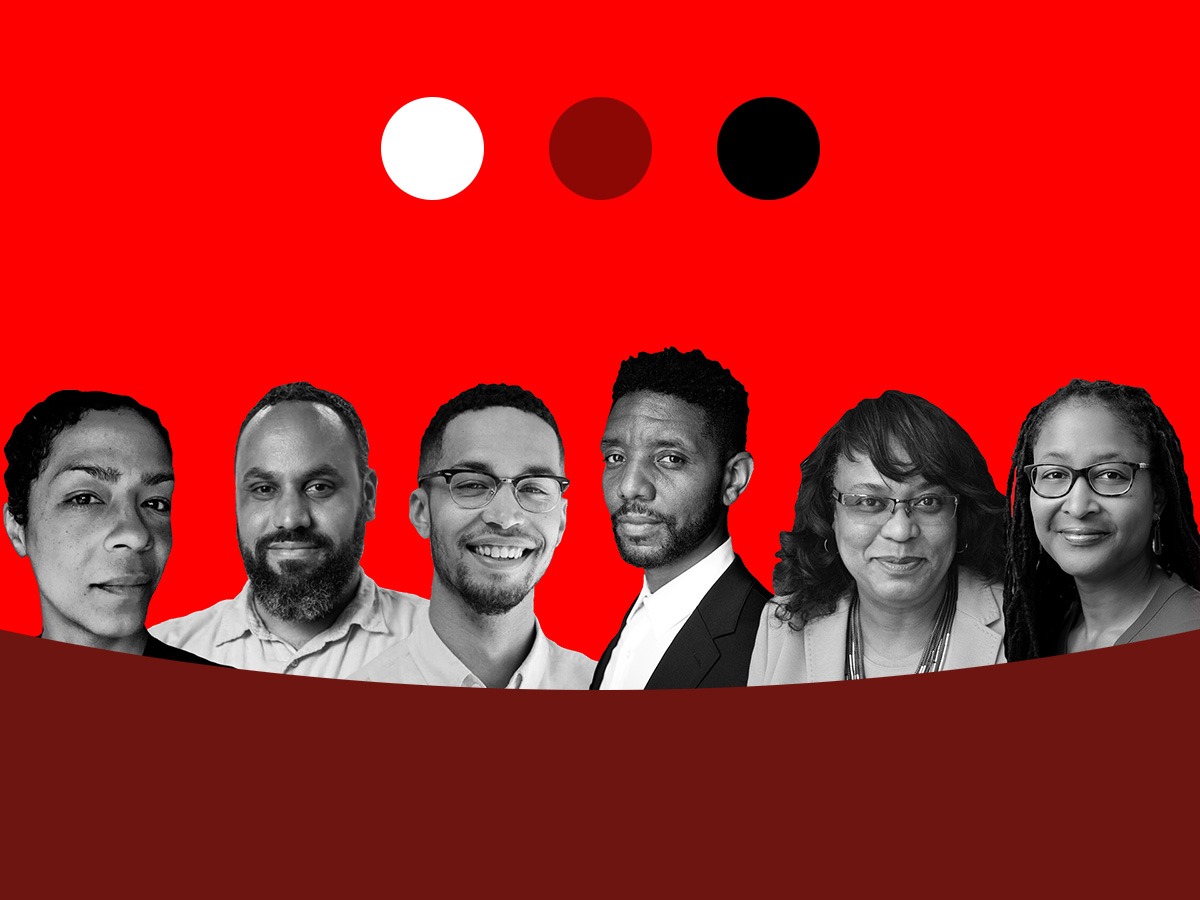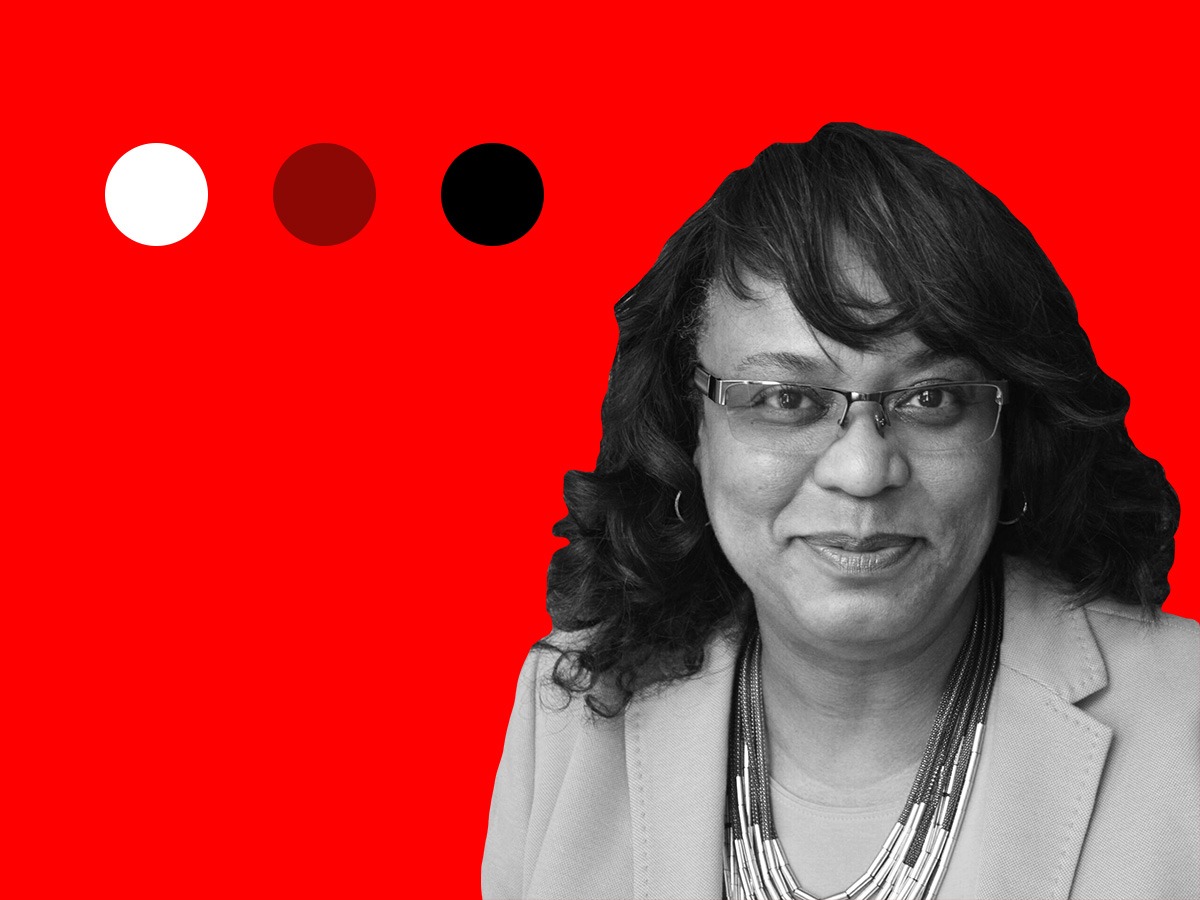Sign up for our free newsletters
Subscribe to NPQ's newsletters to have our top stories delivered directly to your inbox.
By signing up, you agree to our privacy policy and terms of use, and to receive messages from NPQ and our partners.
Cyndi Suarez: I remember one very powerful moment, a few years ago, at the Race Forward conference, there was a panel of Native indigenous leaders, and there was an elder and a few younger people. And I was so struck by the interactions that they had. There was a point at which the elder stopped one of the younger people who was speaking, to correct them. And she did so so lovingly, and so gracefully. And the younger person stopped and thanked her, felt very grateful for her correction. And I remember just watching that and going, well, that’s really different. And so I’m thinking about just that there are different cultural ways, and that the ways that we handle it in our sector aren’t the only ways to look at this. And that there may be something there around the dominant culture that we’ve taken up, even as this conflict shows up. So I’m just kind of giving some more complexity to it, because I do see that there are some assumed things about our sector that actually are not cross-cultural, or cross-racial, that could be showing up in the way that we even do conflict, or what’s seen as conflict. How we see the relationship between generations, all of that is really been really intriguing for me.
Angela Romans: One of the things that I’m hearing also from those folks who advance really quickly in organizations to leadership is, “Oh, how do I now pivot from a peer to a supervisor, to a manager? How do I lead somebody who I used to have a drink with, like, two months ago, and now tell them to get their act together? How do I do that? How do I take on this authority in this organization that I’ve grown up in? And how do I do it in a way that well serves what we’re trying to build in this organization, how I’m trying to pivot this organization?” So that is one of the trends that I’m seeing. And then, I’m mulling Cyndi’s point, her story about the gentle correction, I’ve been sort of thinking about that in thinking about this conversation. And culturally, where’s the space for gentle correction? And how is that taken on the side of folks who are sort of like managing up, saying, “You know, I really need you to do this different.” And also folks who are in, the older folks who are in positions of authority who are trying to gently correct folks who are younger, and that’s not, and they’re not having it. It’s triggering on both sides. I see the triggering. The “I don’t really want to hear that from you, because I don’t trust you” from the younger folks, or, “I don’t really want to hear that, because you just called me out in that meeting that made me look bad in front of my board” from the older folks. “And so I really, I can’t hear anything you said, because I’m mad at you.” And especially in this political social climate that we’re in right now, where nothing is gentle, where everything is loud and strident and done that way to get likes, to get attention, et cetera, and may not be effective in the short or long term.












